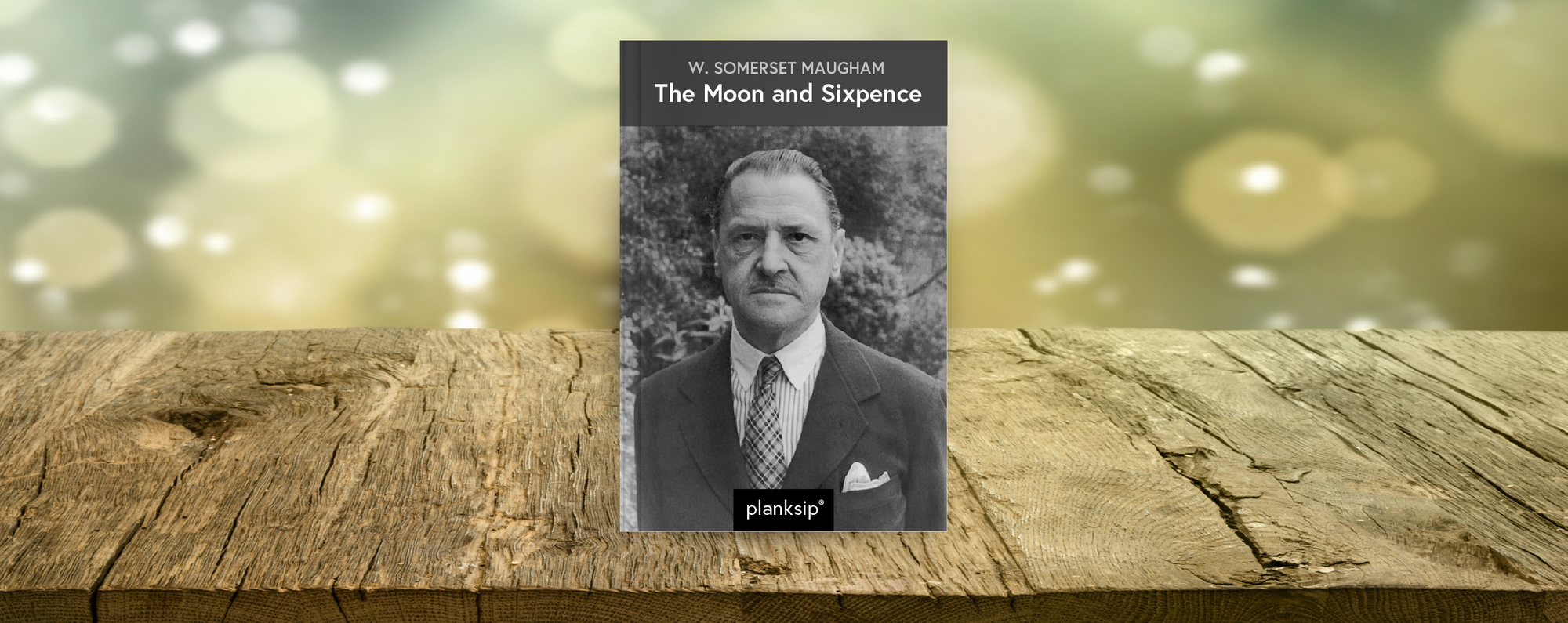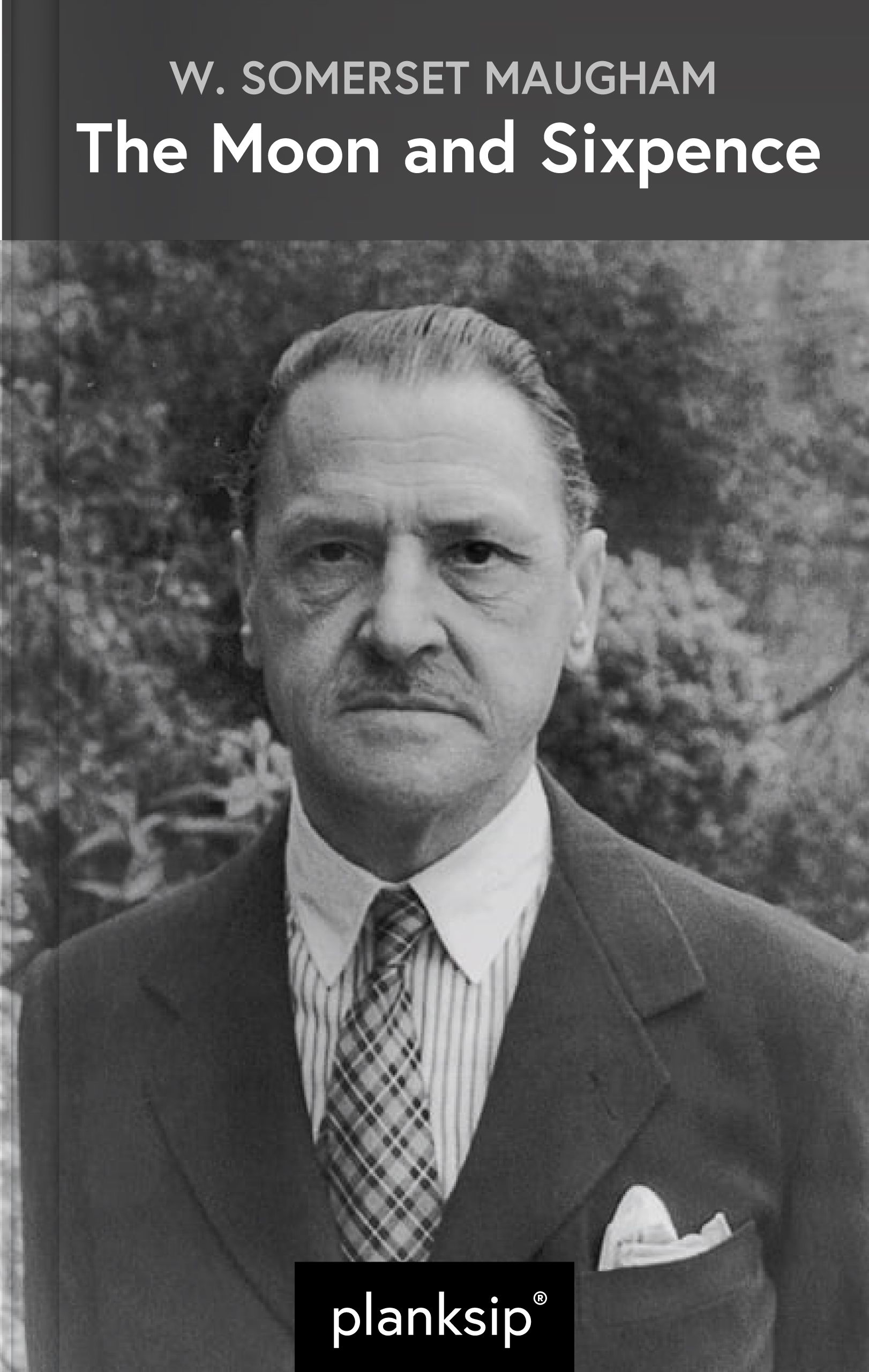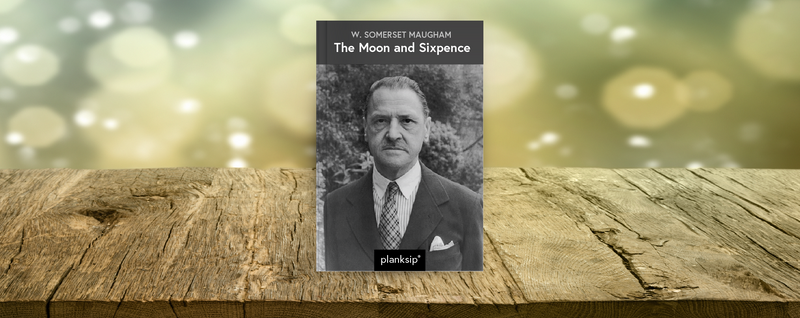A Critic's Meta-Review: 4/5

Who loves the moon? Who loves that it makes plans go down by the wayside, busking on the bayside, quivering on the quayside of the Queen’s royal port authority?
Who cares what it does since you broke my heart?
Pa Pa Pa Pa!
W. Somerset Maugham (I am unsure why he did not just go by the name “Will Maugham” or maybe even “Billy Maugham”) has several fantastic stories. There is no disputing this. The dispute lies in determining which of his stories is his best. I will tell you right now that the answer is this one. Why it is this one, you will have to read on to learn more about it.
Yay, reading!
Aren’t you excited?
I sure am.
Anyhoo.
The Moon And Sixpence tell the story of a man named Charles Strickland, who abandons his charade of a career as a highly successful stockbroker to chase his dream of being a SoundCloud rapper. Wait, no - that was my cousin Gurpreet (shout out to G-Money Productions, doing it big these days). A painter. Yes, a painter.
He flees to Paris, leaving behind his wife and children, and lives the life of a starving artist. He sleeps in dodgy hotel rooms and puts his body under tremendous strain by eschewing the Tempur Pedic life to finance his artistic pursuits.
When you live the artist's life, though, you don’t need much. Just the moon and sixpence. That’s it. Everything else is a distraction from the craft. The moon illuminates the nightly visions, to be etched onto parchment or sketched onto a canvas. The sixpence keeps the bread box from falling prey to the all-consuming void, losing what had once made it so appealing to you - the presence of bread. French bread, to be specific. Baguettes, croissants, bagels. No bagels. Bagels = Brooklyn. Baguettes = Paris. Waffles = Belgium.
There we go. All sorted out.
Moving on.
This is supposedly based on the life of the French post-impressionist artist Eugene Henri Paul Gauguin, who himself left behind a life of money crunching so he could paint for the rest of his life, for which he never really received any appreciation or admiration until his death. But, by that point, it was too late. He was already dead.
What a tragedy. A tragedy indeed.


